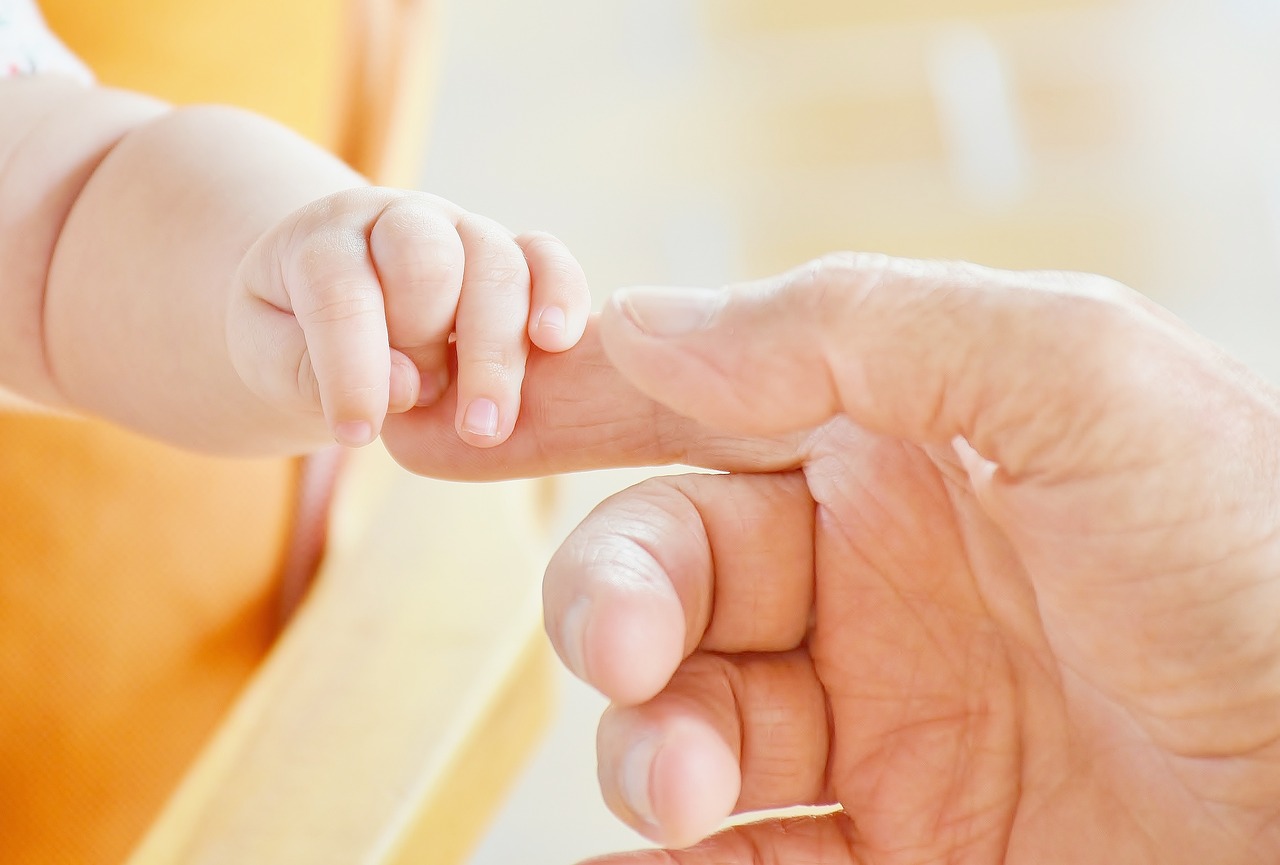We've put together a useful collection of links and resources about genetics, DNA testing, paternity testing and more. Check them out below:
http://datamajor.lc-s.co/How-to-getapply-1fbb6.html
http://grounen.seeking4love.com/How-to-getapply-42f64.html
http://vertiovator.lc-s.co/How-to-getapply-a746b.html
http://pintmaker.c-cc.co/How-to-getapply-52cbc.html
http://bitbot.freeadvertisingvillage.com/How-to-getapply-38cf9.html
http://htmlmaster.groovemongoose.com/Why-you-should-getapply-4c8ee.html
http://objectsetter.lc-s.co/Why-you-should-getapply-8e46a.html
http://breakeven.c-cc.co/Why-you-should-getapply-0d211.html
DNA paternity testing involves the use of DNA profiling (known as genetic fingerprinting) to determine whether a parent and child are biologically related. A test determines whether a man is an individual's biological father, and a maternity test determines whether a woman is an individual's biological mother. Testing may also determine someone's likelihood of being a grandchild's biological grandparent. Although genetic testing is the most reliable standard, there are also older methods, including typing ABO blood group, analyzing various other proteins and enzymes, or using antigens of human leukocyte.
Currently, DNA testing is the most advanced and precise technology for parenting. In a parenting test for DNA, the result (called the' parenting probability) is 0 percent when the alleged parent is not biologically related to the child and the probability of parenting is typically 99.99 percent when the alleged parent is biologically related to the child.

Comments
Post a Comment